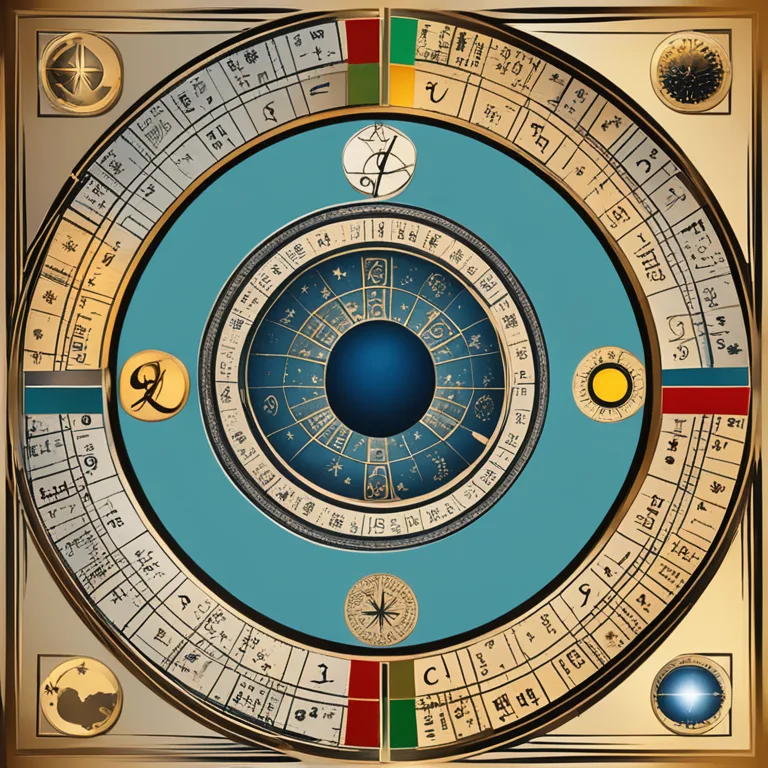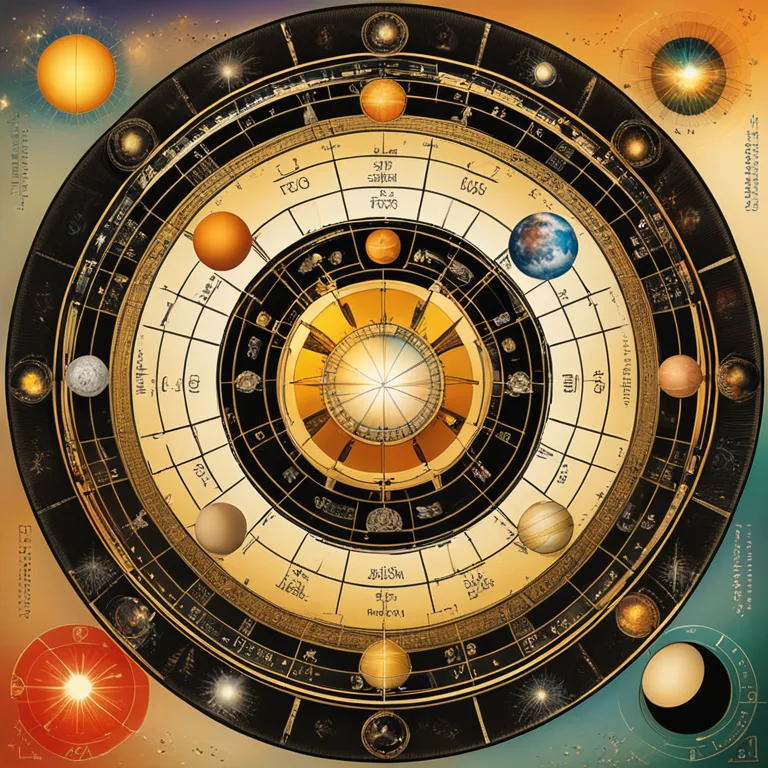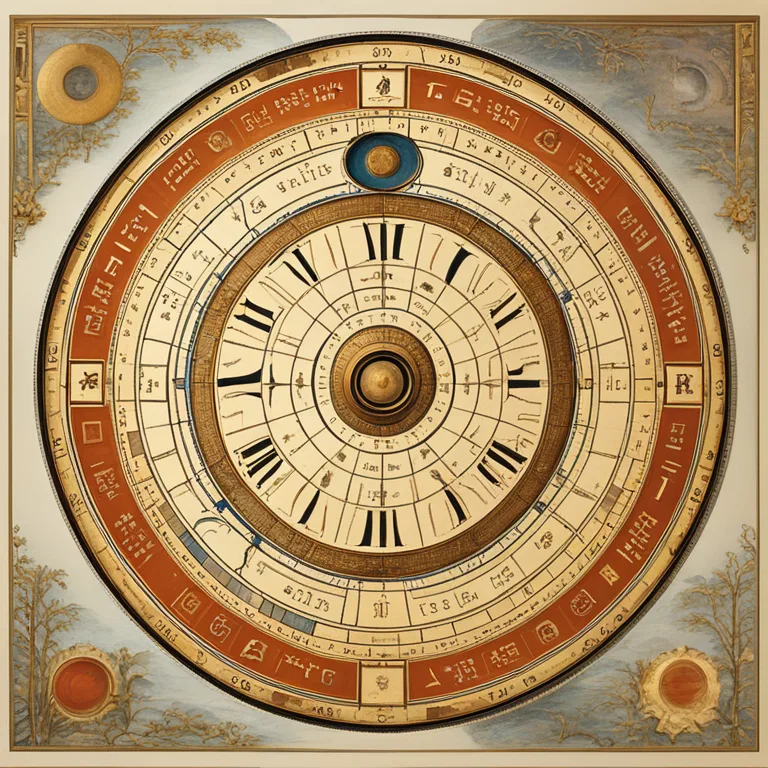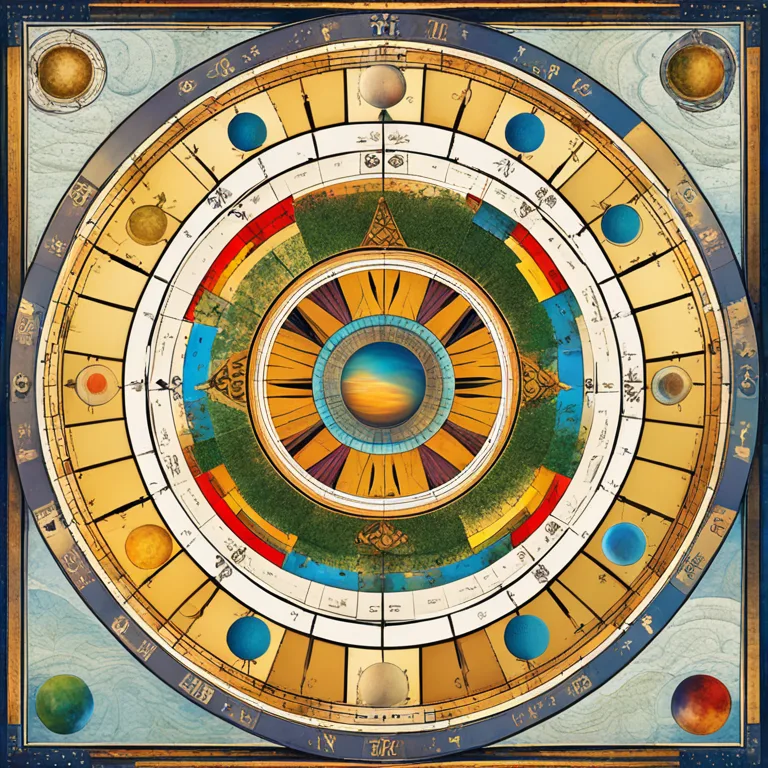
Choosing The Best Astrology House System
Discover the most suitable astrology house system for your practice in this concise and informative article.
article by Priya Deshmukh
Introduction to House Systems
Astrology is a complex field with many layers of interpretation, one of which involves the use of 'house' systems. These systems are methods for dividing the celestial sphere into segments to understand different areas of a person's life within a horoscope. Choosing the best house system depends on one's approach to astrology, personal or professional precepts, and the specific context in which astrology is applied. Interestingly, as we approach 2024, the cosmic shifts place even more emphasis on the importance of selecting the right system, potentially impacting astrological forecasts.

Placidus: The Time-Honored Favorite
Among the various house systems, Placidus remains the most widely used in the Western world. This popularity is attributed to its time-tested methodologies and the depth it provides in personal natal chart interpretations. Its system is based on time, drawing a connection between time and human development. Astrologers turning to the sky to create forecasts beyond 2024 commonly favor Placidus due to its capacity to align personal growth with astrological insights.

Whole Sign Houses: The Ancient Standard
In contrast, the Whole Sign system is lauded for its simplicity and historical roots. Each zodiac sign corresponds to a whole house, which makes delineation straightforward and allows for simple understanding. As Jupiter enters Aries in 2024, for instance, every Aries ascendant will find their first house energized, regardless of degree. This clarity is advantageous for both astrologers and enthusiasts seeking accessible interpretations without convoluted calculations.

Equal House System: A Balanced Approach
Similarly, the Equal House system serves as a direct and fair method by dividing the ecliptic into 12 equal sections from the ascendant. This approach, while not accounting for the tilt of the Earth, preserves symmetrical harmony and is particularly beneficial when precise birth times are unknown. When interpreting horoscopes for 2024 and onwards, this system helps provide balanced readings when birth times might be off by a few minutes, hence not greatly skewing the holistic view of the chart.

Koch and Topocentric Systems: The Geocentric Lenses
More geocentrically focused, the Koch and Topocentric systems take into account the location of the birth relative to the Earth's surface. These systems are refined and can offer a very personalized touch to chart readings, reflecting a native's experience with remarkable specificity. They are especially poignant when considering the growing emphasis on personalization within the realm of spiritual practices in the coming years.
Porphyry and Alcabitius: The Philosophical Choices
Classical systems like Porphyry and Alcabitius, named after ancient philosophers, cater to those with a more historical or traditionalist approach. They provide insights that are not only personal but also steeped in theoretical astrology's roots. As the fascination with traditional astrology grows, these systems could regain popularity, especially among purists seeking a connection to astrology's golden past.
Conclusion: No One-Size-Fits-All Solution
Considering the differences and unique strengths of each house system, it becomes clear that there is no one-size-fits-all answer. The choice often boils down to personal preference, the specific requirements of a reading, and cultural context. Astrologers and astrology-enthusiasts are encouraged to explore different systems and may find that using multiple methods for varied purposes can provide a more rounded understanding of the celestial messages above.
Published: 12/19/2023
Modified: 12/19/2023
More predictions
Come back here soon to learn more about yourself and your future


Finding Your Astrology Houses
Learn the basics of identifying and interpreting the houses in your astrological chart for insights into different areas of your life.


Your Astrological Houses Guide
Discover the role and influence of houses in astrology, and learn which houses you reside in for a deeper celestial understanding.


Finding Your Astrological Houses
Master the basics of astrological houses and their meanings in your birth chart for insight into various life areas.